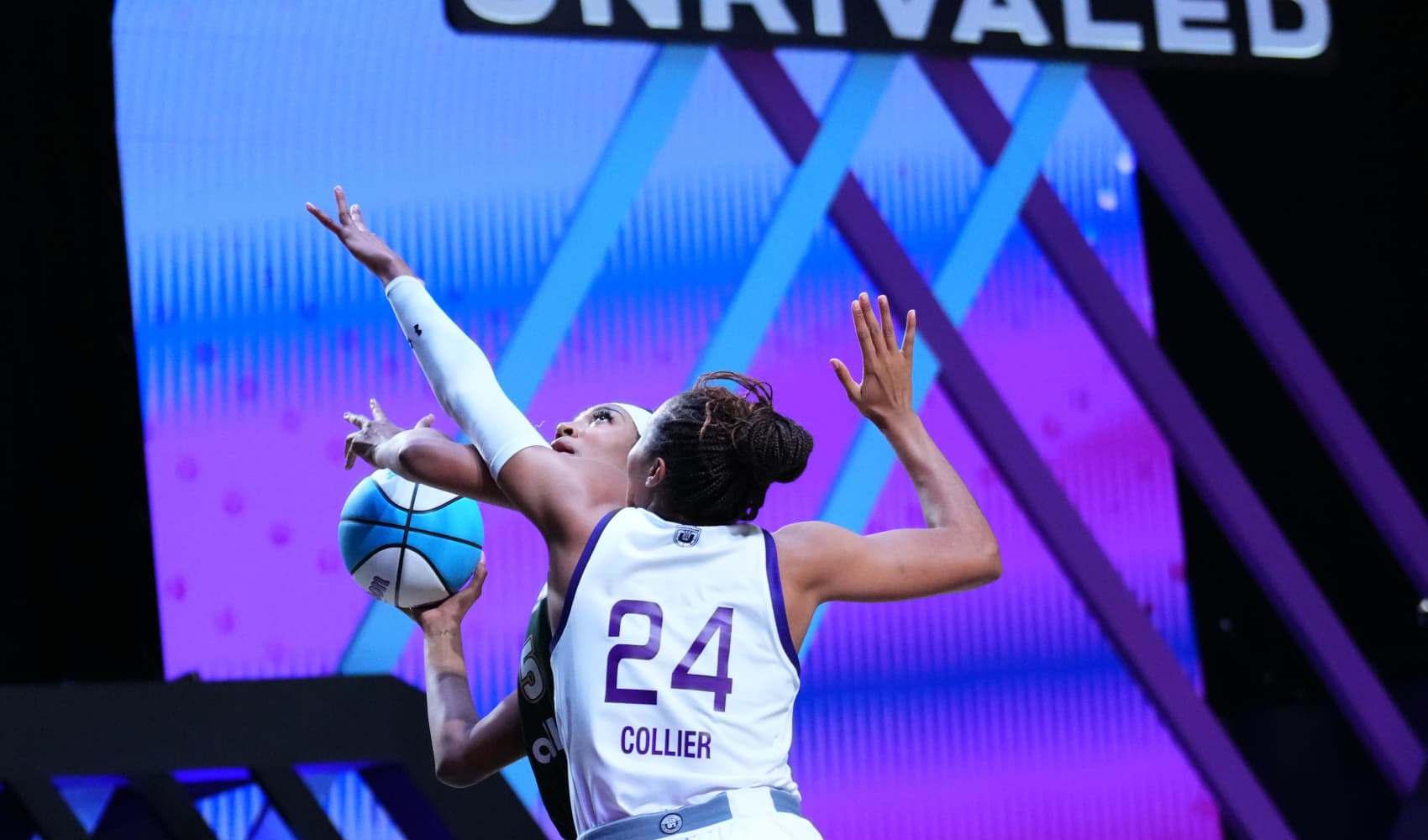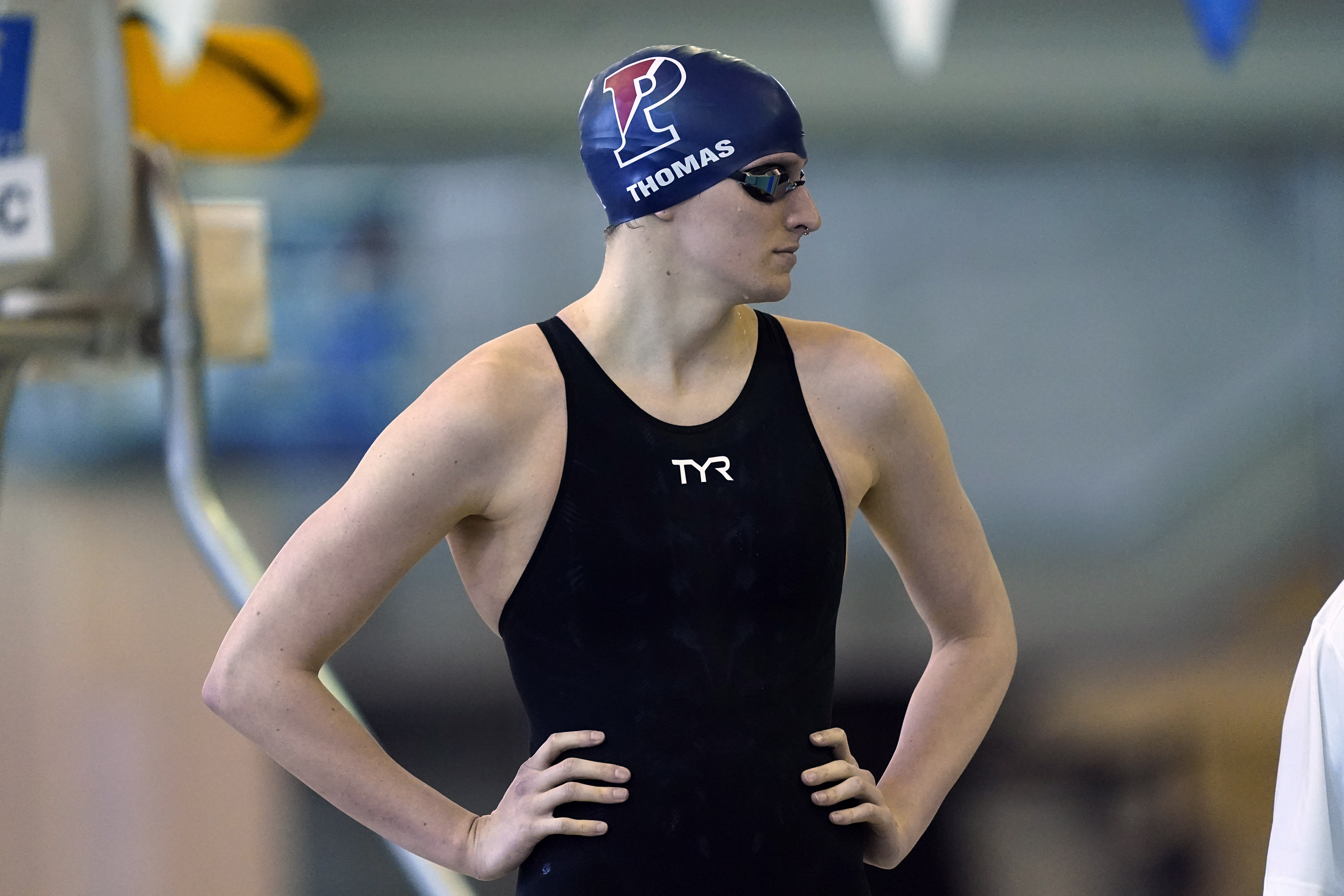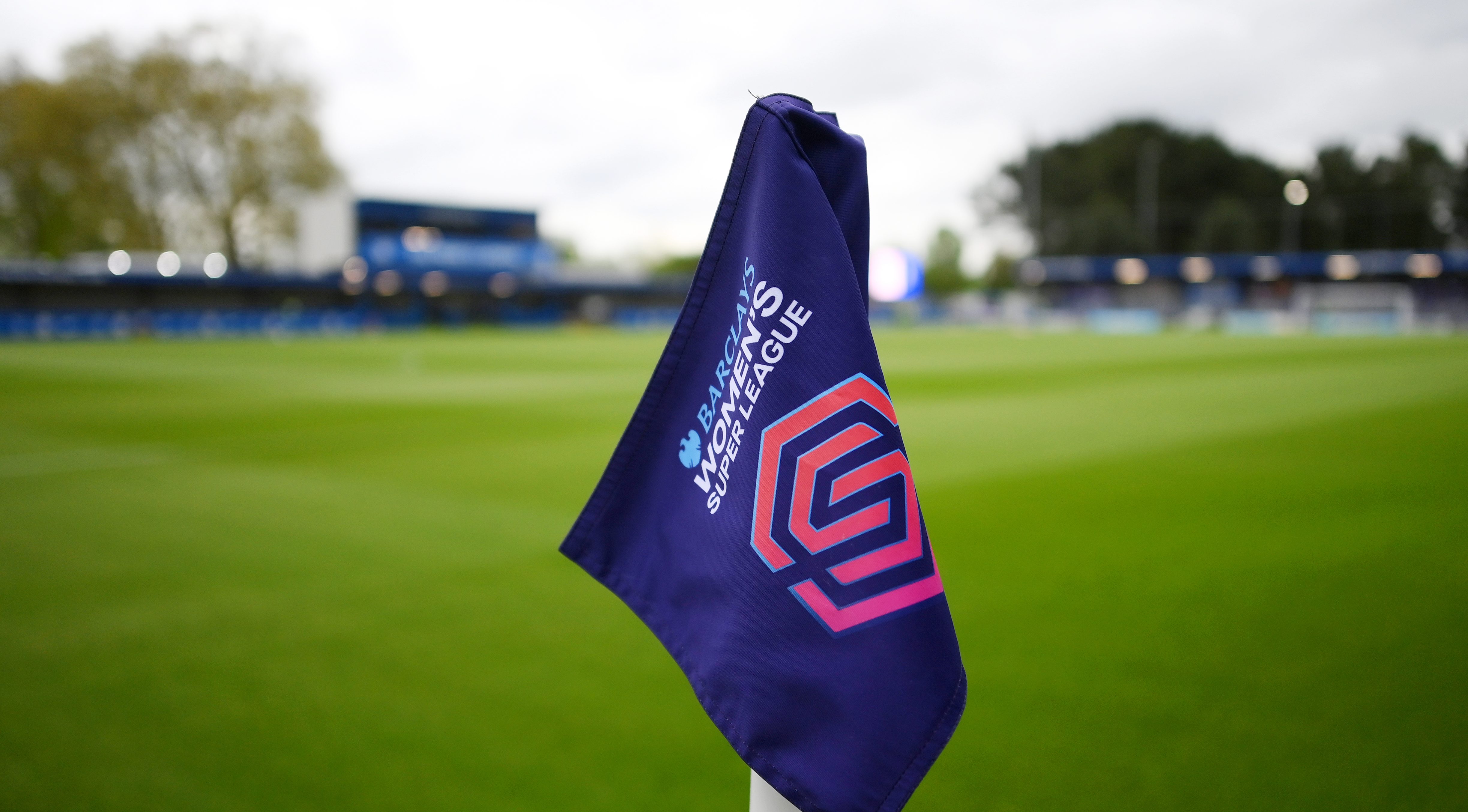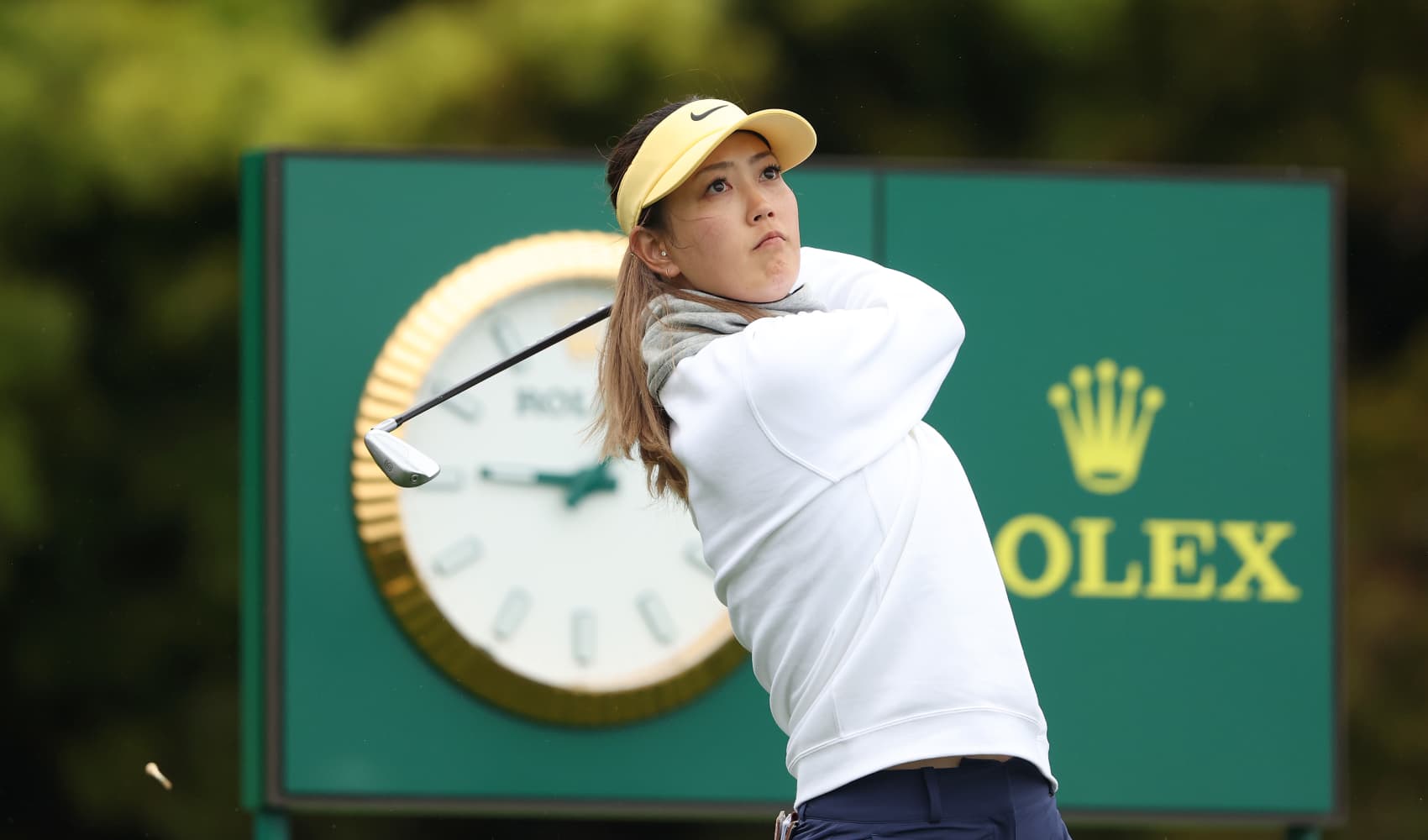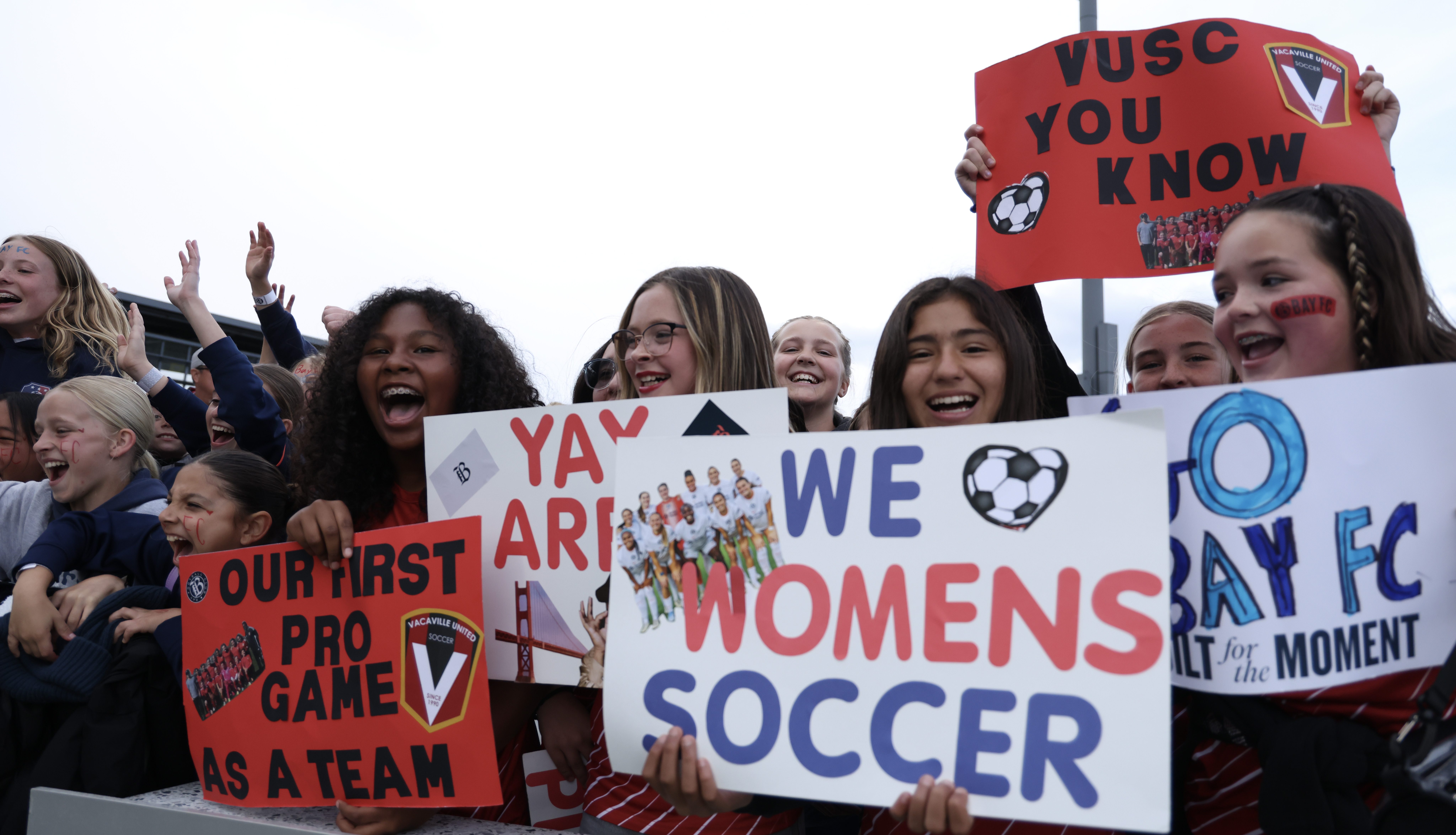Napheesa Collier's Unrivaled: Leverage for Women's Sports
Napheesa Collier's Unrivaled League: Empowering Women's Sports
Introduction: A New Era for Women's Sports?
Have you felt it? The groundswell, the undeniable momentum behind women's sports? It's not just a trend; it's a transformation. And at the forefront of this movement is none other than Napheesa Collier, a WNBA superstar, who along with Breanna Stewart, is revolutionizing the game with Unrivaled, a dynamic three-on-three women's basketball league. Collier's vision extends far beyond the court; she believes Unrivaled's success will ripple outwards, benefiting women in all sports.
Unrivaled: A League of Their Own
What is Unrivaled?
Unrivaled isn't just another basketball league. It's a statement. It's an alternative, a showcase for the immense talent and marketability of women's basketball. Conceived by Collier and Stewart, it offers a fresh, exciting format that resonates with fans and provides players with more control over their careers. Think of it as a startup, built from the ground up, with the players as the core stakeholders.
The Power of Player Ownership
One of the key differentiators of Unrivaled is the players' stake in the league. They're not just employees; they're partners. This ownership empowers them, giving them a voice in decision-making and a direct connection to the league's financial success. It's a model that's gaining traction across sports, and Unrivaled is setting a powerful example.
The CNBC Changemakers Summit: Collier's Vision
Speaking Out for Women's Sports
At the recent CNBC Changemakers Summit in Los Angeles, Collier shared her vision with CNBC’s Julia Boorstin, emphasizing the potential of Unrivaled to elevate the entire ecosystem of women's sports. She articulated the belief that the league's growth can "raise the ecosystem of not only women's basketball, but women's sports in general." This is a powerful statement about the interconnectedness of all women's sports and the importance of collective success.
Leverage: A New Playing Field
Collier eloquently stated, "We have more leverage now than we've ever had." What does this "leverage" mean? It signifies increased bargaining power, greater visibility, and a stronger position to advocate for better resources, equal pay, and increased opportunities for women athletes. The more successful women's sports become, the more influence they wield.
Record-Breaking Success: The Numbers Don't Lie
Attendance, Ratings, and Revenue: Skyrocketing Growth
The numbers tell a compelling story. Record attendance, soaring ratings, and impressive revenue figures all point to one thing: women's sports are no longer a niche market. They're a mainstream attraction. This surge in popularity provides the financial backing needed to invest in infrastructure, marketing, and player development, creating a virtuous cycle of growth.
Breaking Barriers, Setting New Standards
Think of women's sports as a rocket ship, slowly building momentum before finally blasting off. The barriers are being broken, the old stereotypes are fading away, and new standards of excellence are being set. This is a time of unprecedented opportunity for women athletes to showcase their skills and inspire future generations.
The Ecosystem Effect: Lifting All Boats
Beyond Basketball: A Rising Tide
Collier's vision goes beyond the basketball court. She understands that the success of Unrivaled can have a ripple effect, benefiting women in all sports. Increased media coverage, sponsorships, and fan engagement create a more vibrant and supportive environment for all women athletes, regardless of their chosen discipline.
Inspiring Future Generations
Representation matters. When young girls see women excelling in sports, they're more likely to believe in their own potential. The success of leagues like Unrivaled creates role models and inspires the next generation of athletes to pursue their dreams with confidence and determination. It's about showing them what's possible.
The Challenges Ahead: Maintaining Momentum
Sustaining Growth and Overcoming Obstacles
While the future looks bright, there are still challenges to overcome. Sustaining the current momentum requires ongoing investment, innovative marketing strategies, and a continued commitment to gender equality in sports. It's crucial to address issues like pay disparities, limited media coverage, and lack of access to resources.
Fighting for Equality: A Constant Battle
The fight for equality in sports is far from over. Women athletes still face systemic barriers and biases that limit their opportunities. It's essential to continue advocating for fair treatment, equal pay, and increased representation in leadership roles. This requires a collective effort from athletes, fans, sponsors, and media outlets.
Media Coverage: Amplifying the Voices
The Power of Visibility
Increased media coverage is crucial for raising awareness and attracting new fans to women's sports. The more people see and hear about women athletes, the more they'll appreciate their talent and dedication. It's about telling their stories and showcasing their achievements on a national and global stage.
Challenging Traditional Narratives
It's time to challenge the traditional narratives that have marginalized women's sports for too long. Media outlets need to invest in quality coverage, provide equal airtime, and celebrate the accomplishments of women athletes with the same enthusiasm as their male counterparts. It's about changing the conversation and creating a more inclusive and equitable media landscape.
Sponsorship Opportunities: Investing in Success
The Economic Impact of Women's Sports
Sponsors are starting to recognize the immense economic potential of women's sports. Investing in women athletes is not just a socially responsible thing to do; it's also a smart business decision. Increased sponsorship revenue allows leagues to invest in infrastructure, marketing, and player development, creating a sustainable model for growth.
Building Partnerships: A Win-Win Scenario
Successful sponsorships are built on strong partnerships between athletes, leagues, and brands. It's about finding companies that align with the values of women's sports and are committed to supporting their long-term success. These partnerships can create mutually beneficial opportunities for brand exposure, fan engagement, and social impact.
The Future is Bright: A New Chapter for Women's Sports
Looking Ahead: What's Next for Unrivaled?
The future of Unrivaled is full of possibilities. Expansion, new partnerships, and innovative marketing strategies are all on the horizon. The league has the potential to become a major force in the sports world, attracting top talent and engaging fans around the globe. It's an exciting time to be involved in women's basketball.
Empowering Athletes, Inspiring Change
Ultimately, Unrivaled is about empowering athletes and inspiring positive change in the sports industry. It's about creating a more equitable and inclusive environment where women athletes can thrive and reach their full potential. By challenging the status quo and advocating for their rights, Collier and Stewart are paving the way for a brighter future for women in all sports.
Conclusion: The Unrivaled Impact
Napheesa Collier's Unrivaled league is more than just basketball; it's a catalyst for change. By creating a player-owned league, showcasing incredible talent, and advocating for gender equality, Collier is empowering women in all sports to demand and achieve the recognition and resources they deserve. The increasing viewership, revenue, and sponsorships are proof that the world is ready to invest in women’s sports. This leverage will undoubtedly create a brighter future, inspiring future generations and leveling the playing field for all. As Collier stated, now is the time; the opportunity has never been greater.
Frequently Asked Questions (FAQs)
Here are some frequently asked questions about Napheesa Collier, Unrivaled, and the future of women's sports:
- What exactly is the Unrivaled league?
Unrivaled is a three-on-three women's basketball league co-founded by WNBA stars Napheesa Collier and Breanna Stewart. It's designed to provide players with more control over their careers and showcase their talents in a dynamic and exciting format.
- How does Unrivaled benefit women's sports in general?
Unrivaled's success raises the profile of women's basketball, attracting more media coverage, sponsorships, and fan engagement. This creates a more vibrant and supportive ecosystem for all women's sports, regardless of the discipline.
- Why is player ownership so important in Unrivaled?
Player ownership empowers athletes by giving them a voice in decision-making and a direct stake in the league's financial success. This fosters a sense of ownership and accountability, leading to a more sustainable and equitable business model.
- What are some of the biggest challenges facing women's sports today?
Some of the biggest challenges include pay disparities, limited media coverage, lack of access to resources, and systemic biases that limit opportunities for women athletes.
- How can I support women's sports?
There are many ways to support women's sports, including attending games, watching on television, following athletes on social media, buying merchandise, and advocating for increased media coverage and sponsorship opportunities.
